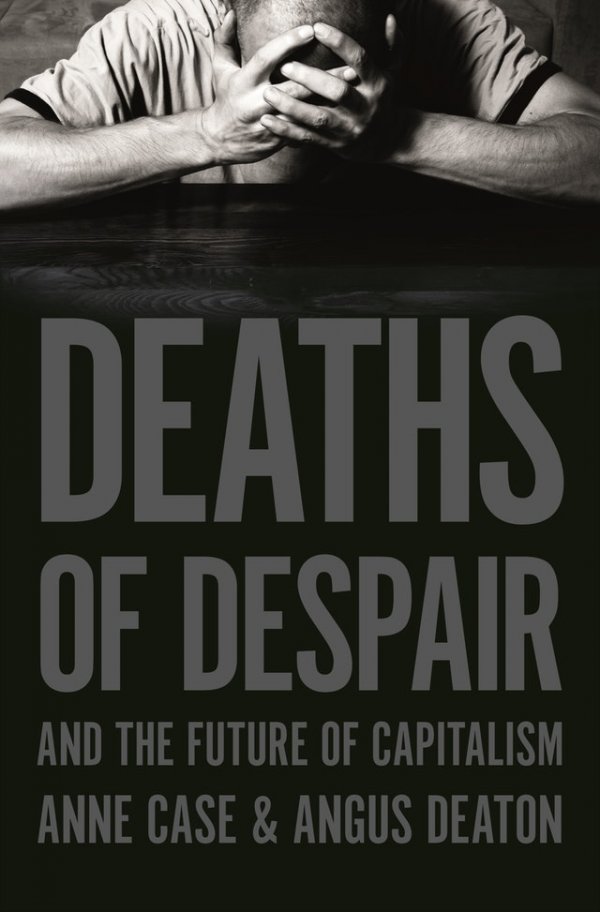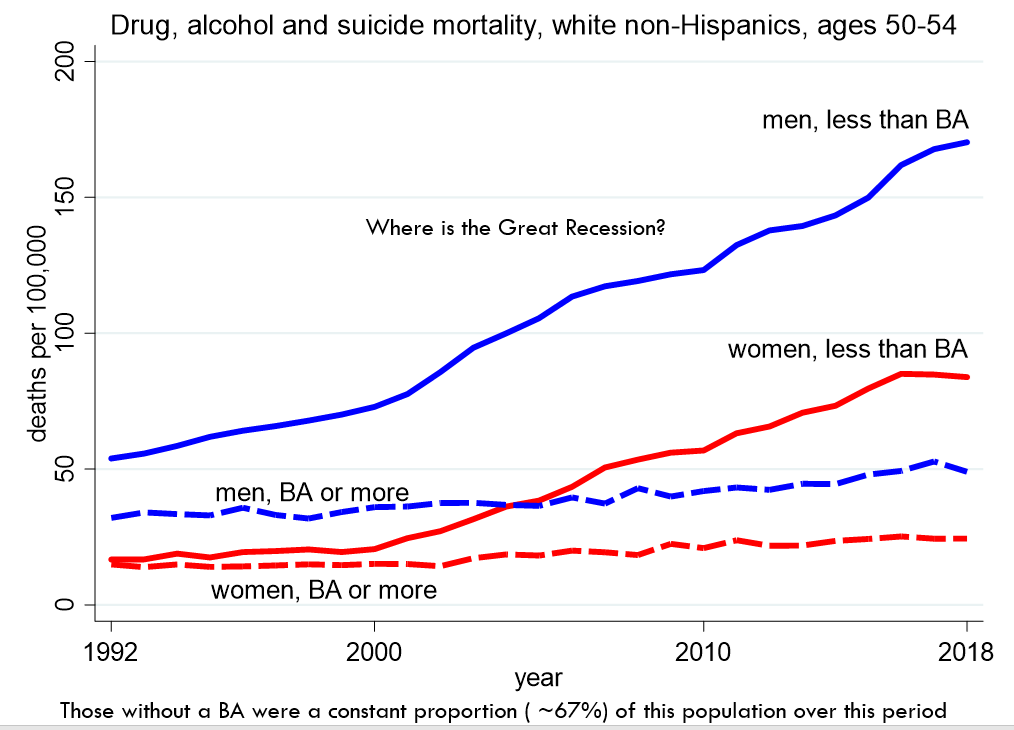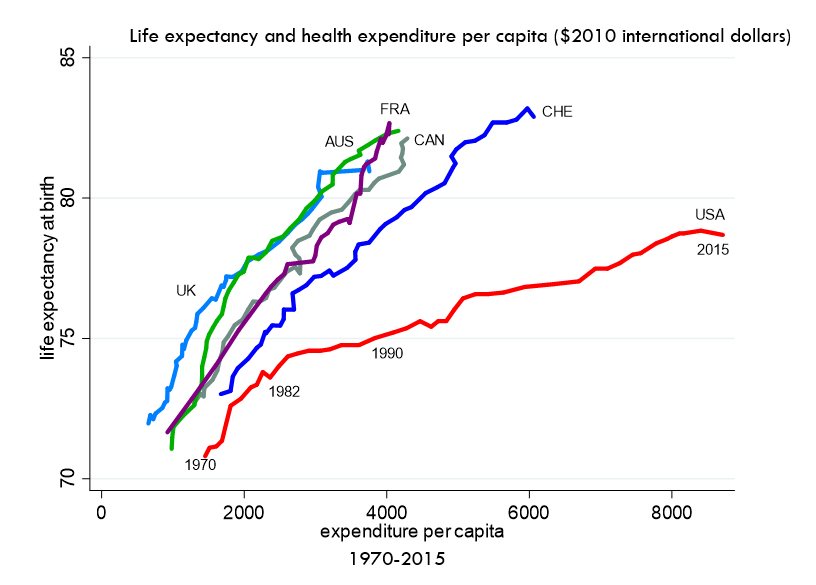Deaths of despair are a slow disintegration of working-class lives: Will the coronavirus accelerate this process? In a conversion with Luigi Zingales, Nobel laureate economist Angus Deaton argues that deaths of despair are not affected by the business cycle, as they rose before, during, and after the 2008 global financial crisis. But the pandemic is hitting poorer and less-educated people disproportionally.

Watch this April 9 conversation between Luigi Zingales and Angus Deaton here:
On Deaton
Angus Deaton is a Senior Scholar and the Dwight D. Eisenhower Professor of Economics and International Affairs Emeritus at the Woodrow Wilson School of Public and International Affairs and the Economics Department at Princeton University.
His main current research areas are poverty, inequality, health, wellbeing, economic development, and randomized controlled trials. He is the recipient of the 2015 Sveriges Riksbank Prize in Economic Sciences in Memory of Alfred Nobel (otherwise known as the Nobel Memorial Prize in Economic Sciences). In 2016, he was made a Knight Bachelor for his services to economics and international affairs.
The Book
Life expectancy in the United States has recently fallen for three years in a row—a reversal not seen since 1918 or in any other wealthy nation in modern times. In the past two decades, deaths of despair from suicide, drug overdose, and alcoholism have risen dramatically, and now claim hundreds of thousands of American lives each year—and they’re still rising.
Anne Case and Angus Deaton, known for first sounding the alarm about deaths of despair, explain the overwhelming surge in these deaths and shed light on the social and economic forces that are making life harder for the working class. They demonstrate why, for those who used to prosper in America, capitalism is no longer delivering.
You can also download Angus Deaton’s fulls slide deck here.
ProMarket is dedicated to discussing how competition tends to be subverted by special interests. The posts represent the opinions of their writers, not necessarily those of the University of Chicago, the Booth School of Business, or its faculty. For more information, please visit ProMarket Blog Policy.









